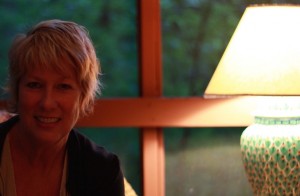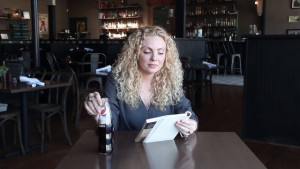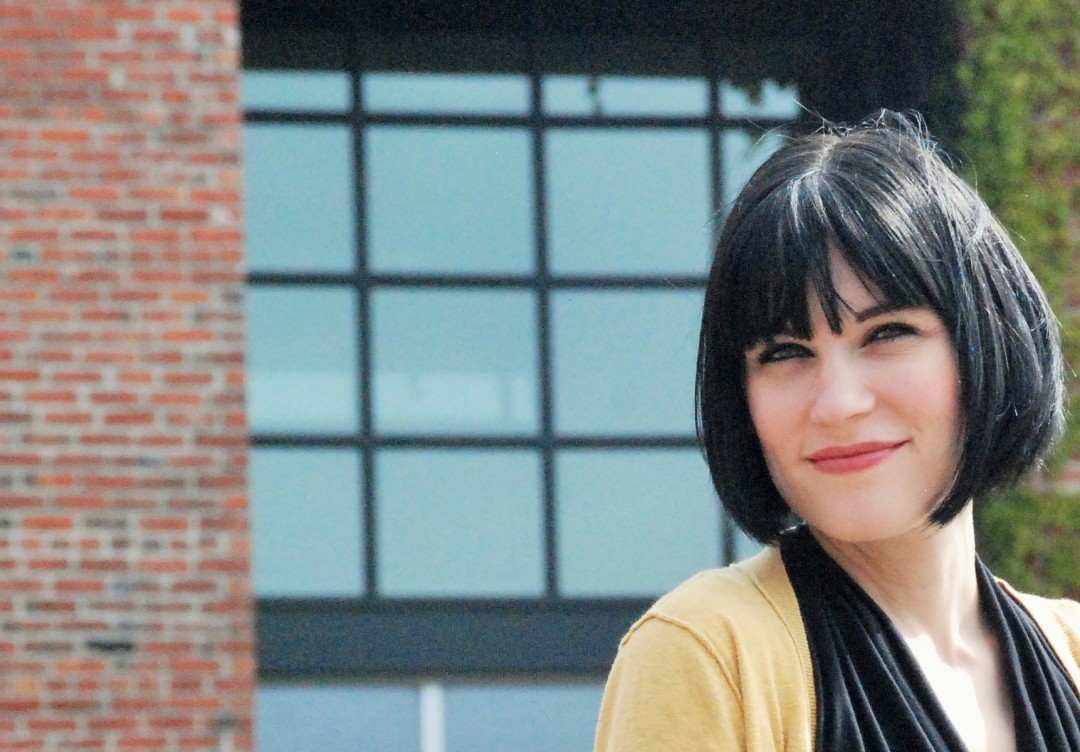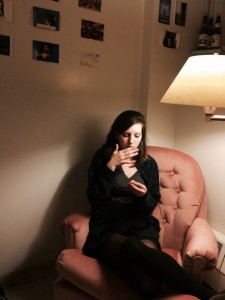
During The Reign of M
From the beginning, the letter M hung over and shaded my life as if I had been birthed from the mouth of death. Sometimes it would be pleasantly cool in the eddying places of the M—mossy and green and well, meandering. But mostly I would get caught in the crux of the M and try without success to reach up and pull myself into the sun. Being fastened to the M was like being born in a meadow in the Midwest that a small river cuts through: all misery and mushy melodrama, mushrooms and mold, milk toast and milkweed, and I absolutely hated milk. As a young girl, Mother served whole milk in tall glasses, thick and unmoving—that made me gag and I was forced to drink or else I’d never be excused from my mother’s table. Ever. Sitting at the highly polished oval table on the cold slate tiles, the windows dark, staring at my untouched glass of milk, I saw myself growing old and my even older mother checking in to see how much I had managed to drink without a modicum of pity towards me even though she was on her way to death. And I made my way down the glass like the good martyr I was until it was bedtime and I could retire to mull the next day’s survival. A life of Mondays; imagine. Money and melancholy, maniacal machinations, manipulation, monotony, monogamy, mystery, manners, magpies, mud, missing things like love, trust, and happiness, mortgages, miniatures, mustard, mums, manners adhered to like plaster, mummies and mummification, metronome, marriage, no miracles, maximum detention, Moravian Seminary for Girls, always Mother, Mother, Mad Mother writ large in my girl story, mothballs and meringues, meaningful silences and stares, being woken up at midnight but not for mischief but to see my mother in her musty mint-green robe hanging over my bed with a cigarette burning in her hand, the Lady Macbeth of Macungie where I lived. During the reign of M, I fantasized about escaping into the letter H, crawling up one of its sides and sitting on its spiky peak above the fray. M inched along like a caterpillar, lumpy, rounded, soil mounded into gravesites or breasts, which were about the same. H was all lines, two thrusting straight up and one vertical, a crossroad, a bridge connecting the other two. I could see H burned into the hide of a steer, the stamp of territory. H had force, was not a mute, mild-mannered muddle. H sat at the front of the class and shot her arm up like a flash in response to the teacher’s question. H did not mutter under her breath and make it impossible to be heard. Speak up was what teachers said to M and not in tones of concern but said as if they’d like to munch her moth-pink lips right off her miserable face. H was a topper, a straight arrow, shooting for the stars. I pictured H standing on a hilltop surveying the world that lay before her. She would be hell bent on hilarity, heroism, putting her two shoulders to herculean labors. She would be a hellion rather than a mole, a hiccup rather than a murmur, a heroine rather than a mourner. When H appeared, crowds would send up a hooray rather than sink their heads and moan. H passed me once on the street in the bright morning light. She wore a red jacket with shoulder pads and her hair was burnished blonde like a helmet.
“ H,” I said softly, afraid.
“ What do you want?” she said. “ I’m late for an important appointment.”
“ H,” I muttered again.
“ Speak up, I can’t hear you.”
And on H went, without stopping. Eventually I accepted that no H awaited me, that M was my birthright, what I was and what I did, a marriage of sorts, the minion majestically holding up the edge of the casket merrily mincing steps on my way to the masquerade, remembering that touch has a memory, and that what touched me was M.
Continue Reading
 The Baby Possum
The Baby Possum



